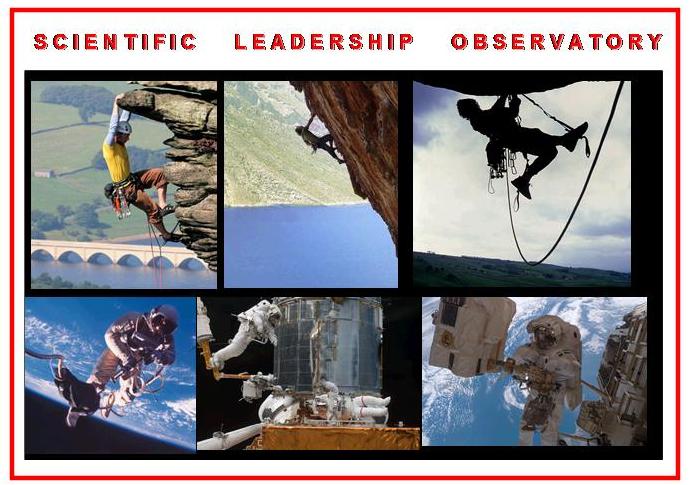White Paper by Andres Agostini as of "July 10, 2010" (6:30 a.m. USA EST)
Demystifying the “real deal” in profession, science, technology, leadership, management, strategy, and business, as well as offering the clearest blueprint! By © Copyright 2010 Andres Agostini – All Rights Reserved –
Briefly stated, you meet and prevail through realities by instituting the following road map.
First! Once you understand that the most important thing to nurture is the rotational-and-translational motion revolting within and beyond the innermost core of / by you, you can do your ethics and morality. Now you have conquered bridge 1. Conquering the foundational pillar also implies that ever facet of your personal and professional life will be carried on with dogged solemnity.
Second! Once you do your ethics and morality, you can do your actionable knowledge for Life. Now you have conquered and will be conquering bridge 2 for Life.
Third! Once your actionable knowledge is done by you, you can do your corporate planning and respective marshaled strategy. Now you have conquered and will be conquering bridge 3 for Life.
Fourth! Once your corporate planning and respective marshaled strategy is done by you, you can do your systems hazard management. Now you have conquered and will be conquering bridge 4 for Life.
Fifth! Once your systems hazard management is done by you, you can do your systems quality assurance management. Now you have conquered and will be conquering bridge 5 for Life.
Sixth! Once your cross-functional systems quality assurance management is done by you, you can do your systems reliability engineering. Now you have conquered and will be conquering bridge 6 for Life.
Seventh! Once your systems reliability engineering is done by you, you can do your systems risk management. Now you have conquered and will be conquering bridge 7 for Life.
Eighth! Once your systems risk management – with the applied omniscience perspective – is done by you, you can do your contingency planning lavishly (with thousands layers of redundancy in place) for Life. Now you have conquered and will be conquering bridge 8 for Life.
Ninth! When your contingency planning is done by you, you can do your benefits (upsides and downsides). Now you have conquered and will be conquering bridge 9 for Life.
Tenth! When benefits are done by you and you become hyper-engage into pervasively transformational self-renewal and self-challenging (in excelsis) of your own intellect, you can do your sustainability perpetually. Now you have conquered and will be conquering bridge 10 for Life.
Eleventh! Now you can conceive and design your own profession and tenure while concentrating in capturing womb-to-tomb (so-called) “success” and its gargantuan sustainability effort. Now you have conquered and will be conquering bridge 11 for Life.
Twelfth! Neither “the secret,” nor the “hidden secret,” nor the “discrete secret” magnificent marketing stunts will warrant the oxygen that your mind, body, and souls require (sic). Now you have conquered and will be conquering bridge 12 for Life.
Source and/or read more: http://3.ly/rECc
Publisher and/or Author and/or Managing Editor:__Andres Agostini ─ @Futuretronium at Twitter! Futuretronium Book at http://3.ly/rECc
